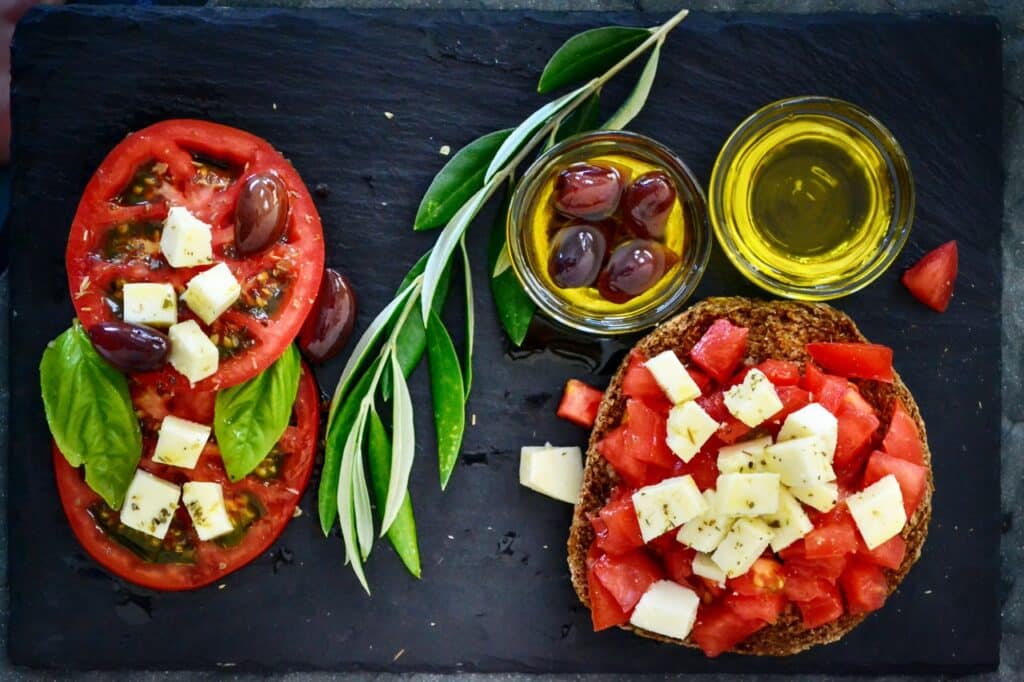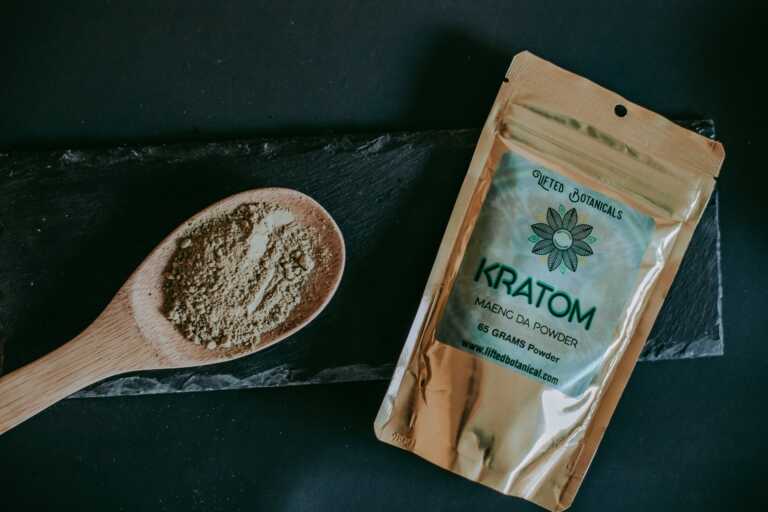The Mediterranean diet has been shown to be healthy and sustainable, and many people are interested in trying it out. But what is the Mediterranean diet exactly? And what can you expect if you decide to follow it?
The Mediterranean diet is a way of eating that has been around for centuries. It is based on the traditional foods eaten in countries bordering the Mediterranean Sea, such as Greece and Italy. The diet is high in fruits, vegetables, whole grains, legumes, nuts, and olive oil. It also includes moderate amounts of fish, poultry, low amounts of red meat, and moderate alcohol consumption.

Benefits of the Mediterranean diet
Studies have shown that people who follow a Mediterranean diet are at a lower risk of developing heart disease, stroke, cancer, and other chronic diseases. They also tend to live longer than people who don’t follow the diet. Some of the benefits of the Mediterranean diet include:
- Reduced risk of heart disease
- Reduced risk of stroke
- Reduced risk of cancer
- Weight loss
- Improved cognitive function
Aside from the ones mentioned above, having a Mediterranean diet may help strengthen bones by preventing osteoporosis, managing diabetes and regulating blood sugar, and protecting your health against cancer. When it comes to mental health, the dietary components of a Mediterranean may help fight depression and other mental health issues.
Now that you know the benefits of this diet, it’s time to familiarize yourself with the essential components of a Mediterranean diet.
Fruits and vegetables 🍎
Fruits and vegetables are an important part of the Mediterranean diet, and there are a few reasons why.
First, they’re a good source of fiber, which helps keep you feeling full and can help regulate digestion. They’re also a good source of antioxidants, which can help protect your body against free radicals that can damage cells and lead to inflammation. And finally, fruits and vegetables are generally low in calories and high in nutrients, making them a healthy choice for people looking to lose weight or maintain a healthy weight.
Eating plenty of fruits and vegetables is one of the healthiest things we can do for our bodies, and the Mediterranean diet provides an excellent way to enjoy them all year round.
Healthy fats 🥑
Healthy fats are important in the Mediterranean diet because they provide energy and help the body absorb vitamins and minerals. They also help to control blood sugar levels and keep you feeling full after a meal. Some of the best sources of healthy fats include olive oil and/or olives, nuts, seeds, and avocados.
Wine 🍷
Red wine is popular in Mediterranean diets because it is high in antioxidants, which can help reduce the risk of heart disease and other chronic diseases. Additionally, red wine is a good source of dietary fiber, potassium, and vitamin B6.
Here are some of the health benefits of red wine:
- Red wine is high in antioxidants, which help protect against cell damage and may reduce your risk of cancer and heart disease.
- Resveratrol, a compound found in red wine, has been shown to have anti-aging effects.
- Red wine may help improve your cholesterol levels and reduce your risk of stroke.
- Moderate alcohol consumption, including red wine, has been linked with a reduced risk of dementia and Alzheimer’s disease.
And how much should we drink? Experts recommend consuming 1-2 glasses of red wine per day as part of a Mediterranean diet.
Fish 🐟

There are many different types of fish that can be eaten in a Mediterranean diet. Some of the most popular choices include salmon, tuna, mackerel, and sardines. These fish are all high in healthy omega-3 fatty acids, which are known to promote heart health and reduce the risk of chronic diseases. They are also low in unhealthy saturated fats and calories, making them a healthy choice for people looking to improve their overall diet.
As for tuna, it is a good source of protein and omega-3 fatty acids, but it also contains mercury, which can be harmful at high levels. So it’s important to make sure you’re eating a variety of different types of seafood and not just tuna and to limit your intake to no more than two servings per week.
How To Incorporate The Mediterranean Diet Into Your Life
One great way to start incorporating the Mediterranean diet into your life is by gradually phasing out processed foods and replacing them with whole, natural foods. Processed foods are high in sugars, unhealthy fats, and salt, while whole, natural foods are low in all of these. By making the switch to whole, natural foods, you’ll automatically be eating a healthier diet that is lower in calories and higher in nutrients.
Another great way to incorporate the Mediterranean diet into your life is by cooking at home more often. Home-cooked meals are typically much healthier than restaurant meals because you have control over the ingredients and can avoid adding unhealthy fats and salts.
Apart from home-cooked meals, you can also keep up with your diet by eating healthy Mediterranean diet snacks. These snacks have low saturated fat and sodium content, which are essential in keeping your heart as healthy as possible. Another good thing about these snacks is that they’re readily available to help you satisfy your cravings.
So, to ensure your health with these Mediterranean diet snacks, get your stocks from the store and keep them at home. This way, you’ll just have to grab and consume them anytime and anywhere you like. If you don’t want to buy them, you also have the option to make your own snacks at home. Just take note of the essential components of a Mediterranean diet, and you can have your healthy homemade snacks ready in time.
Your Mediterranean diet checklist:
- Eat a generous amount of fruits and vegetables. Fruit salads are a great way to eat a variety of healthy fruit.
- Avoid high-fat meats such as bacon or meat sausage.
- Eat fish (not fried) at least once or twice a week.
- Use olive oil in cooking. You can also try olive oil for salad dressing.
- Switch to fat-free or Greek yogurt.
- Avoid fried foods.
- Drink more water and swap your calorie-filled alcoholic drink with an occasional glass of wine.
- As mentioned, consider healthy snacks such as almonds, pecans, peanuts, or pine nuts. If you’ve never had pine nuts before, try them. They are delicious, with a delicate pine flavor!
Bottom Line
If you’re looking for a diet that will help you stay healthy and feel great, the Mediterranean Diet is an excellent option. The reason so many people enjoy this eating plan is that it’s not only delicious but also diverse in the types of food it offers. There are plenty of vegetarian-friendly options as well as foods with fewer carbs and more protein to keep your body feeling energized all day long. Give this way of life a try today!





